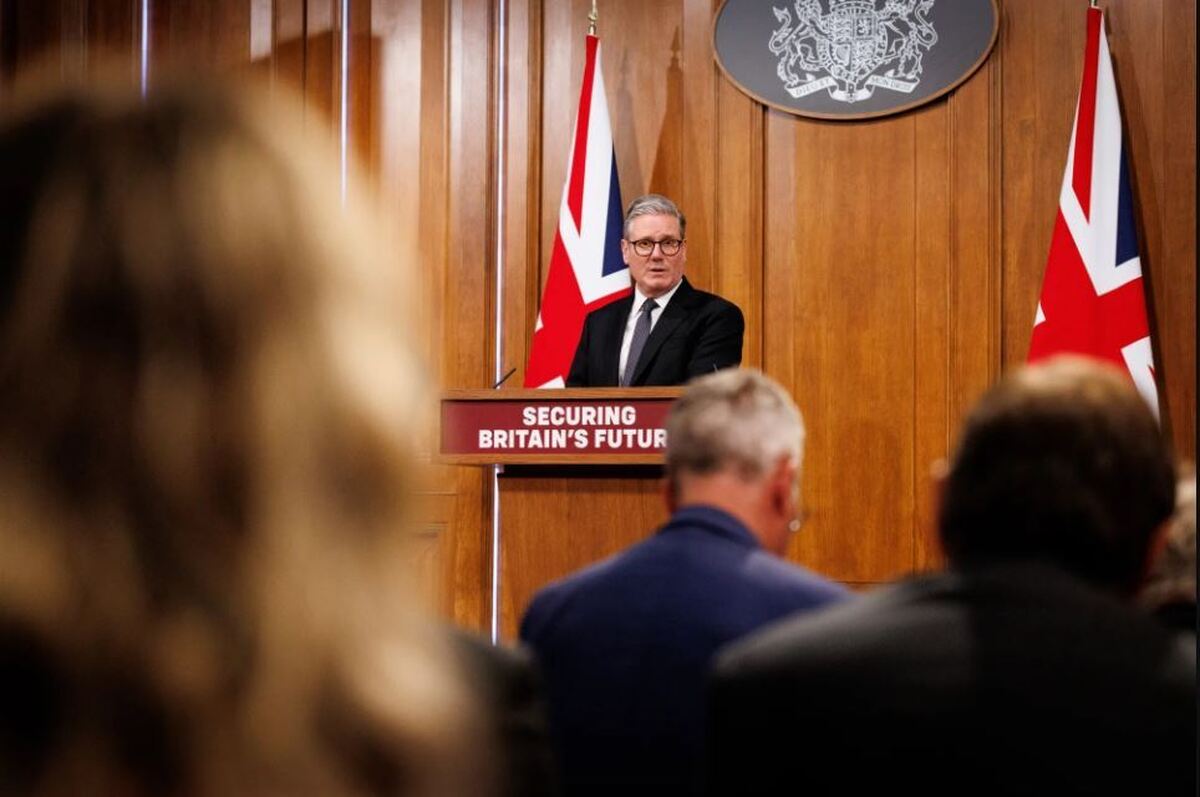Political center collapsing in UK as both major parties lose ground

A new poll conducted by YouGov, with over 8,000 British participants in May and early June, shows that only 14–17% of the public are satisfied with the overall performance of Starmer’s government, while 63–67% disapprove of its policies. This weak performance rating, just months after the new government took office, is seen as a warning sign for Labour.
According to the poll, British citizens rated the government especially poorly in three core areas: The National Health Service (NHS), immigration, and the economy — long-standing top concerns for the public.
The data shows that around 70% of Britons (between 69% and 71%) believe the government has performed poorly in the economy and healthcare, with only 19–21% viewing it positively. The criticism is even more intense regarding immigration, with 74% saying the government has handled immigration issues poorly, and 52% describing the performance as “very bad.” Only 14% expressed a positive view of government policy in this area.
Amid widespread discontent, only two areas — counterterrorism and defense — received a modest level of public approval. In counterterrorism, 37% of respondents rated the government positively, compared to 34% negatively. In defense, public opinion was nearly split, with 34% positive and 41% negative. However, analysts argue that these ratings likely stem from the legacy of the previous Conservative government rather than being a Labour-led achievement.
In other matters such as inflation, Brexit, and the broader economy, discontent is evident even among Labour supporters. Only 37% of Labour voters rated the government’s economic management positively, while 50% gave it a negative rating.
Among voters of other parties, the trend is even clearer. Only 1% of Reform UK supporters think the government is handling immigration well. Even among Green Party voters, only 15% support the government’s environmental policies.
Another striking finding is the gender gap in evaluations of the government’s performance — particularly in healthcare. Women are significantly more dissatisfied than men. While 43% of women consider healthcare a top priority (compared to 27% of men), only 16% of women believe the government has performed well in this area, compared to 26% of men. Similar gender gaps were observed in perceptions of inflation and economic policy.
These findings come at a time when the Conservative Party, after 14 years in power, has lost public trust due to a poor economic record, multiple political scandals, and deep internal divisions. With both major parties weakened, concerns are growing over the increasing influence of far-right movements that are using populist rhetoric to appeal to disaffected segments of society.
Analysts warn that unless the Starmer government can reverse its declining popularity and restore public confidence in key areas in the coming months, the UK could be heading toward a period of chronic crisis, deeper social divisions, and prolonged political instability.